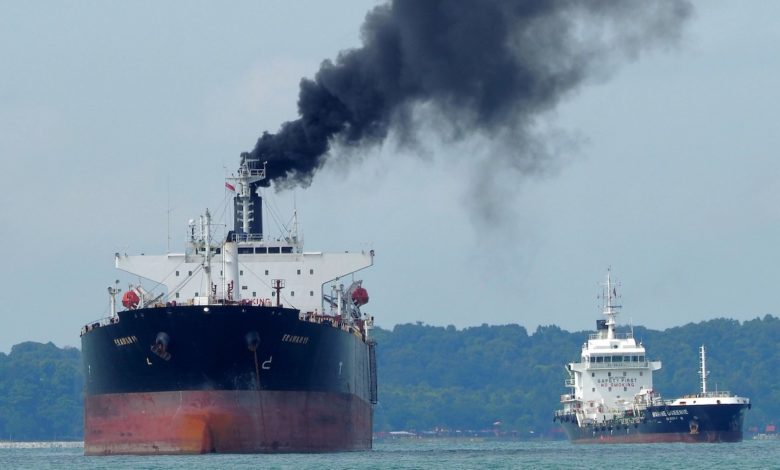Carbon pricing on the agenda at MEPC this week

Today sees the 78th gathering of the Marine Environment Protection Committee (MEPC) at the International Maritime Organization (IMO), a meeting that is likely to bring shipping closer to a global carbon levy.
Last month’s Intersessional Working Group (ISWG) on Greenhouse Gases (GHG) ISWG-GHG ahead of the MEPC showed genuine progress on pricing greenhouse gas emissions.
Delegates moved forward with a basket of measures that contains both technical – a fuel standard – and market-based measures such as a carbon levy, all of which will be up for debate among member states this week in London.
Delegates from the UK, New Zealand and the Bahamas last moth at the ISWG-GHG spoke for the first time in favour of a carbon pricing measure at the IMO. The meeting concluded that there was now consensus to price GHG emissions at IMO. This is a major development – the concept of market-based measures has been on the table at IMO for more than a decade and often debated with large disagreements between member states.
There was also general support for any of these future measures to be set on a well-to-wake basis.
IMO member states will also come under pressure this week to revise its 2050 targets. The IMO’s current target of “at least 50%” emission reduction by 2050 is not in step with the Paris Agreement’s 1.5°C climate-warming trajectory.
Also on the agenda at this week’s MEPC is a proposal to designate the Mediterranean Sea, as a whole, as an Emission Control Area for sulphur oxides.
In related environmental regulatory news, the European Union’s Parliament’s Committee on Industry, Research and Energy (ITRE) voted on Friday to step up climate ambition in the EU’s draft marine fuels standard (FuelEU Maritime), a strategy to phase out fossil fuels from shipping and boost the uptake of alternative fuels in the sector.
The committee adopted stricter greenhouse gas targets, raising the ambition in the greenhouse gas reduction targets to reach a 100% cut by 2050.
The committee also unveiled targets and incentives for the uptake of sustainable fuels/energy, introducing a sub-target for ships and fuel suppliers to use/supply a minimum 2% share of e-fuels by 2030 and 6% by 2035. This minimum share is combined with a multiplier of five to reward early movers’ investments.
The ITRE is now a second Parliamentary Committee pushing for stronger climate targets and to incentivise green hydrogen fuels under FuelEU Maritime, following the Committee on Environment (ENVI) vote in early May.
